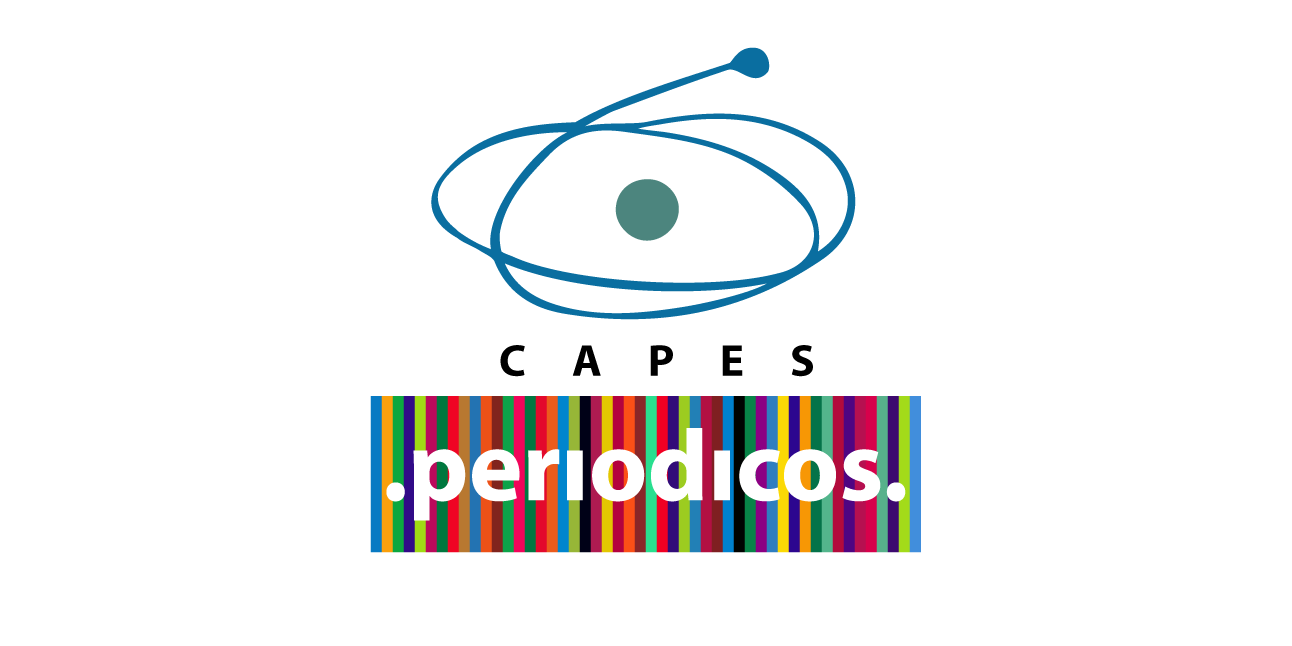Correlação entre Distúrbios do Sono e Avaliação Cognitiva em Estudantes de Medicina
DOI:
https://doi.org/10.17765/1518-1243.2016v18n1p5-13Palavras-chave:
Insônia, Cognição, Sonolência Excessiva DiurnaResumo
Estudantes de medicina compõem um grupo suscetível aos transtornos do sono e suas consequências, como disfunção de capacidades cognitivas. Este estudo, transversal e descritivo, tem como objetivo principal analisar o sono dos estudantes de medicina e sua correlação com alterações cognitivas por meio de testes neuropsicológicos. Foram incluídos aleatoriamente 50 alunos de graduação em medicina da Universidade Federal do Estado do Rio de Janeiro (Unirio). Utilizaram-se os seguintes instrumentos de avaliação: Índice de Qualidade de Sono de Pittsburgh (PSQI); Escala de Sonolência de Epworth (ESE); análise da presença de insônia e seus subtipos; Trail Making Test (TMT) Parte A e Parte B; Digit Symbol Substitution Test (DSST). Dos 50 estudantes avaliados, 27 (54%) eram do sexo feminino e 23 (46%), do masculino. A idade variou de 19 e 32 anos (22,9 ±2,9 anos). O tempo médio de sono foi de aproximadamente 6 h. Trinta e oito (76%) alunos relataram sintomas de insônia, 37 (74%) apresentaram “qualidade rum do sono”, de acordo com o PSQI, e 16 (32%) preenchiam pontuação na ESE para sonolência excessiva diurna (SED). Diferente do esperado, não houve correlação entre a presença de sintomas de insônia, menor tempo de sono noturno, pior qualidade de sono e critérios para SED com pior desempenho no TMT e DSST em estudantes de medicina.Downloads
Publicado
2016-06-15
Como Citar
Lima, Átila M., Dutra, J. R. M., Tolentino Junior, J. C., Cortez, A. F., Passos, R. B. F., & Figueiredo, W. M. de. (2016). Correlação entre Distúrbios do Sono e Avaliação Cognitiva em Estudantes de Medicina. Iniciação Científica Cesumar, 18(1), 5–13. https://doi.org/10.17765/1518-1243.2016v18n1p5-13
Edição
Seção
Artigos Originais
Licença
A Revista se reserva o direito de efetuar, nos originais, alterações de ordem normativa, ortográfica e gramatical, com o intuito de manter o padrão culto da língua, respeitando, porém, o estilo dos autores. As opiniões emitidas pelos autores são de sua exclusiva responsabilidade.Juntamente com o e-mail de aceite (para casos de aprovação) será encaminhado modelo da Carta de Direitos Autorais que deverá conter o nome completo dos autores, bem como dados de documentos pessoais e assinada por todos os autores e coautores envolvidos no trabalho.
Autores mantém os direitos autorais e concedem à revista o direito de primeira publicação, com o trabalho simultaneamente licenciado sob a Licença Creative Commons Attribution CC-BY-NC que permite o compartilhamento do trabalho com reconhecimento da autoria e publicação inicial nesta revista.










